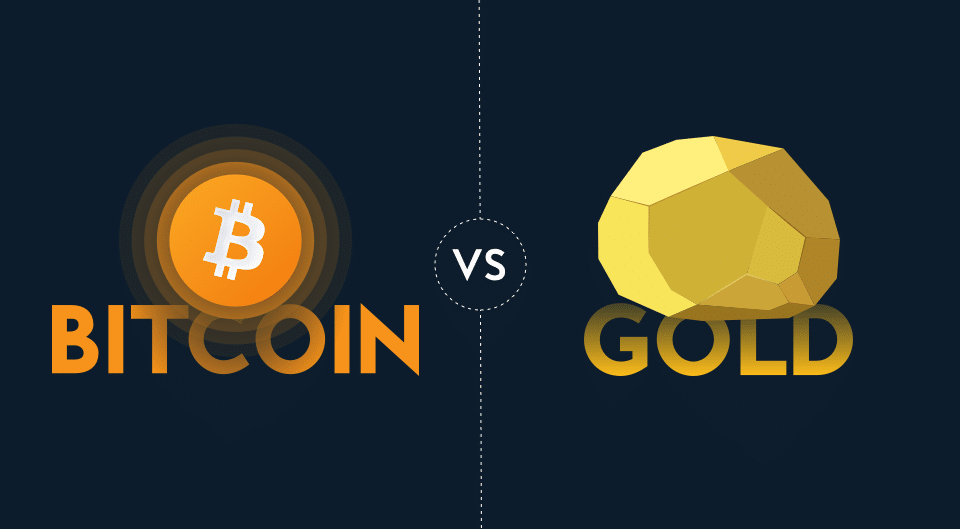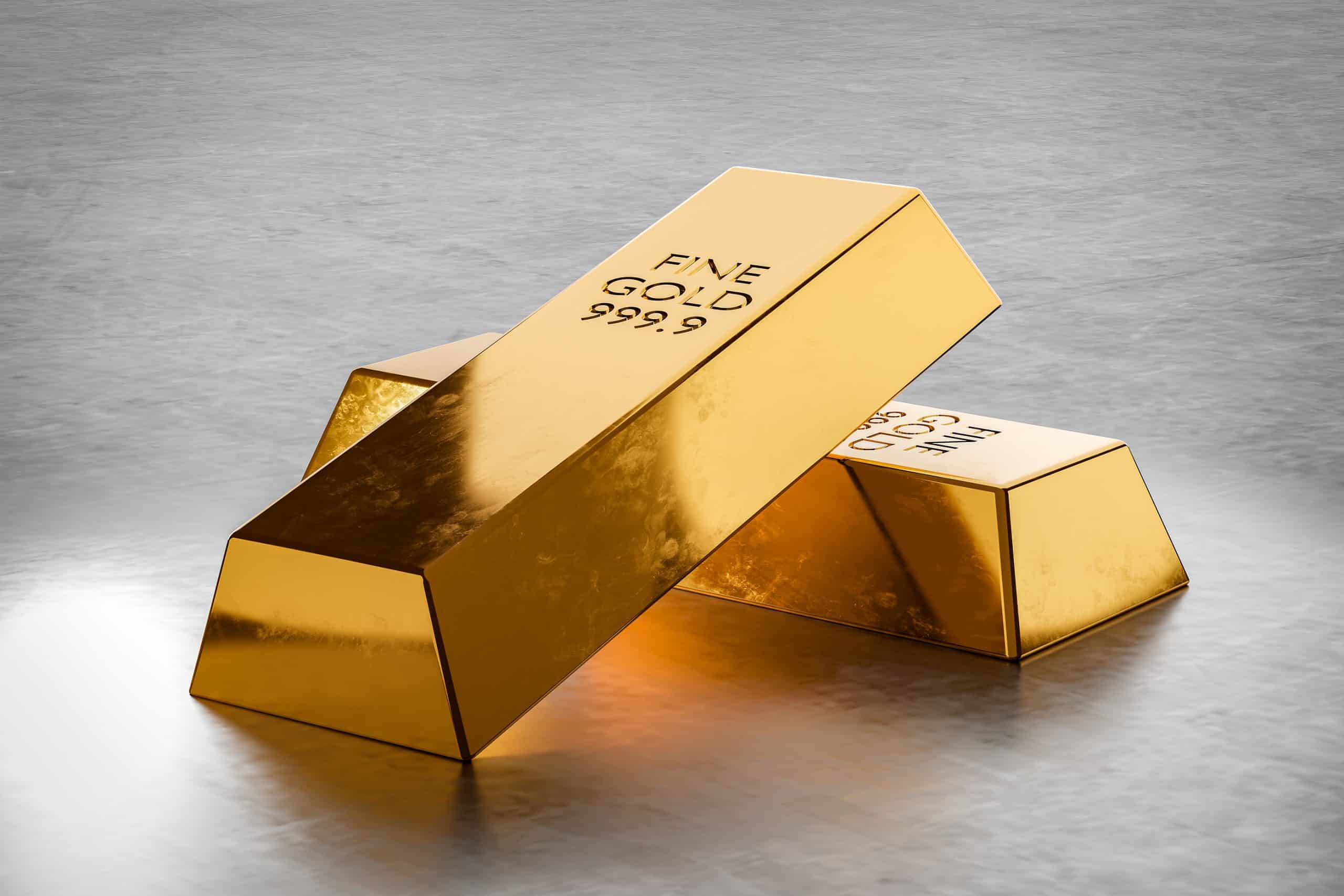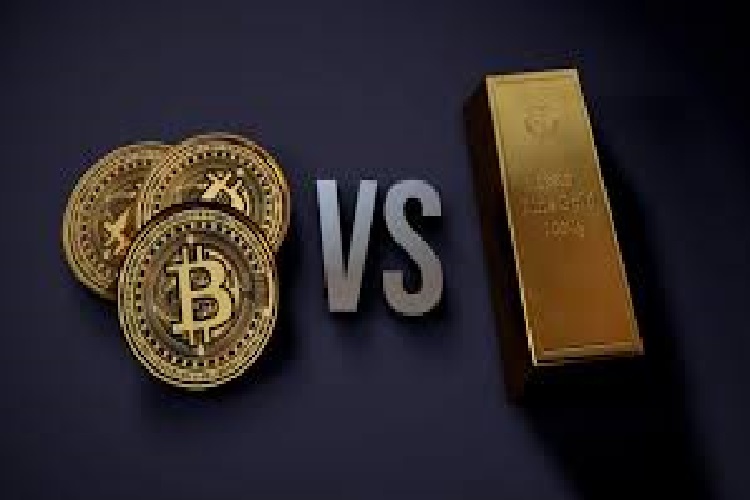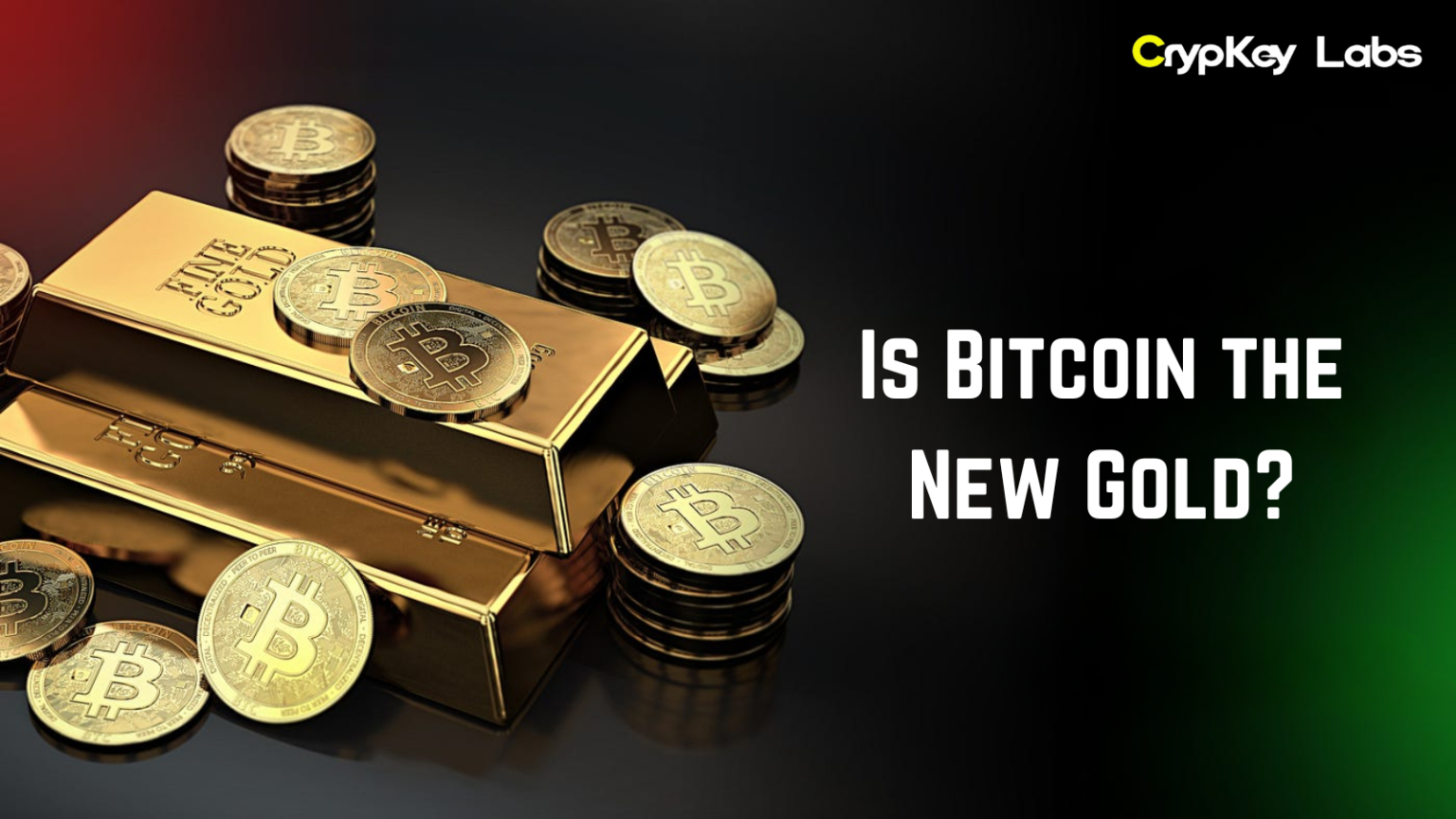Bitcoin has been called many things: digital money, a technological marvel, and even the currency of the future. But one comparison stands out: Bitcoin as the “new gold.”
Gold has been the ultimate store of value for centuries, offering stability in uncertain times. Meanwhile, Bitcoin, the world’s first cryptocurrency, has captivated investors with its digital, decentralized nature. But can it truly dethrone gold? Let’s dive into this exciting debate and uncover whether Bitcoin has what it takes to become the new gold.
Bitcoin vs. Gold: A Quick Overview
Before jumping into the future, let’s break down how Bitcoin and gold compare:
Bitcoin
- Digital and Decentralized: Exists purely online, not tied to any government or institution.
- Finite Supply: Only 21 million Bitcoins will ever exist, making it inherently scarce.
- Easily Transferable: You can send Bitcoin across the globe in minutes.
- High Volatility: Prices can skyrocket or plunge in hours.
Gold
- Physical and Tangible: A shiny metal you can hold in your hand.
- Time-Tested Stability: Gold has retained its value for thousands of years.
- Universally Recognized: Used as a store of value in nearly every culture.
- Limited Portability: Transporting gold can be costly and cumbersome.
Now that we’ve got the basics covered, let’s explore why Bitcoin is often compared to gold.
Bitcoin as a Store of Value
Gold has long been considered a “safe haven” asset, protecting wealth during economic turbulence. But as the world becomes increasingly digital, Bitcoin is emerging as a modern alternative.
The Case for Bitcoin as “Digital Gold”
- Scarcity
Just like gold, Bitcoin is scarce. With a hard cap of 21 million coins, Bitcoin’s supply is even more limited than gold, whose reserves we’re still mining. This finite supply drives its appeal as a store of value, especially in a world where fiat currencies can be printed endlessly. - Inflation Hedge
Gold has traditionally been used to hedge against inflation. Now, Bitcoin is stepping into this role. With central banks printing money during crises like the pandemic, Bitcoin’s decentralized nature and fixed supply make it an attractive alternative. - Institutional Adoption
Institutions are increasingly viewing Bitcoin as an asset to diversify portfolios. Companies like Tesla and MicroStrategy have funded billions in Bitcoin, while financing firms offer Bitcoin ETFs and trusts. This growing trust strengthens Bitcoin’s position as a store of value. - Global Accessibility
Unlike gold, which requires physical storage and transport, Bitcoin is digital. It’s easy to store, transfer, and trade across borders, making it a truly global asset.
Challenges Bitcoin Faces
While Bitcoin has immense potential, it’s not without its challenges. Here are some roadblocks that could keep it from fully replacing gold:
1. Volatility
Bitcoin’s price is anything but stable. While gold’s value remains relatively steady, Bitcoin’s price can swing wildly in a single day. For example, in 2021, Bitcoin reached $69,000 before plunging to under $30,000 in 2022. This volatility makes it less reliable as a store of value for risk-averse investors.
2. Regulation
Governments worldwide are still figuring out how to regulate cryptocurrencies. Some, like El Salvador, embrace Bitcoin as legal tender, while others impose heavy restrictions. Regulatory uncertainty can deter mainstream adoption.
3. Environmental Concerns
Bitcoin mining consumes vast amounts of energy, often criticized for its environmental impact. Comparatively, gold mining is also resource-intensive, but Bitcoin’s reliance on electricity makes it a hot topic in the climate debate.
4. Adoption Barriers
While tech-savvy investors are flocking to Bitcoin, many people find it intimidating. Wallets, private keys, and blockchain technology can be confusing for newcomers, slowing widespread adoption.
Gold’s Timeless Appeal
Gold’s status as a store of value didn’t happen overnight—it has been cultivated over millennia. Here’s why it continues to hold its ground:
1. Stability and Trust
Gold’s value doesn’t depend on the whims of the internet or technology. It has been a consistent store of wealth through wars, economic crashes, and political turmoil.
2. Tangible Asset
There’s something reassuring about holding a physical asset. Gold doesn’t rely on electricity, technology, or online networks, making it a safer bet in times of crisis.
3. Industrial and Cultural Uses
Gold isn’t just an investment—it’s used in jewelry, electronics, and even medicine. Its diverse applications ensure demand remains steady.
The Case for Bitcoin Becoming the New Gold
Despite gold’s timeless appeal, Bitcoin is uniquely positioned to thrive in a digital-first world.
1. The Digital Generation
Millennials and Gen Z are driving the shift toward digital assets. For them, Bitcoin is more appealing than gold—it’s innovative, tech-savvy, and perfectly aligned with a digital lifestyle.
2. Global Financial Inclusion
Bitcoin empowers people in countries with unstable currencies or limited access to traditional banking. With just a smartphone, anyone can store and transfer wealth securely.
3. Technology and Innovation
Bitcoin’s underlying blockchain technology is revolutionizing finance. Beyond being a store of value, Bitcoin offers opportunities for innovation, such as smart contracts and decentralized finance (DeFi).
4. Scarcity Meets Transparency
While gold is scarce, it’s hard to know exactly how much remains in the ground. Bitcoin, on the other hand, is completely transparent—anyone can verify its supply through the blockchain.
A Hybrid Future: Coexistence of Bitcoin and Gold
Rather than replacing gold, Bitcoin might simply complement it. Here’s why a hybrid future makes sense:
- Diversification: Savvy financiers often combine both gold and Bitcoin in their portfolios to balance stability and growth.
- Different Strengths: Gold offers stability in the physical world, while Bitcoin thrives in the digital realm.
- Generational Preferences: Older generations may stick with gold, while younger fund lean toward Bitcoin.
In this scenario, Bitcoin and gold don’t compete—they work together to create a more balanced financial ecosystem.
Trends Shaping Bitcoin’s Future
The future of Bitcoin is bright, but it will depend on how key trends unfold:
- Institutional Growth
More institutions are embracing Bitcoin, increasing its legitimacy as a store of value. If this trend continues, Bitcoin could become a mainstream asset alongside gold. - Technological Advancements
Innovations like the Lightning Network are making Bitcoin transactions faster and more efficient, improving its usability. - Regulatory Clarity
As governments create clearer rules around Bitcoin, investor confidence will grow. - Environmental Solutions
The Bitcoin community is exploring greener mining methods, such as using renewable energy. Addressing environmental concerns could attract more investors.
Conclusion
So, will Bitcoin become the new gold? The answer might not be as black-and-white as you’d hope. Bitcoin has all the ingredients to thrive as a modern store of value—scarcity, accessibility, and global appeal. However, challenges like volatility, regulation, and environmental impact cannot be ignored.
Instead of replacing gold, Bitcoin may carve out its own niche as “digital gold,” coexisting with the yellow metal in a hybrid financial future.
Whether you’re a fan of shiny bars or digital wallets, one thing is clear: both Bitcoin and gold have a role to play in protecting and growing wealth. The choice is yours—will you go old-school with gold, embrace the future with Bitcoin, or diversify with both?







